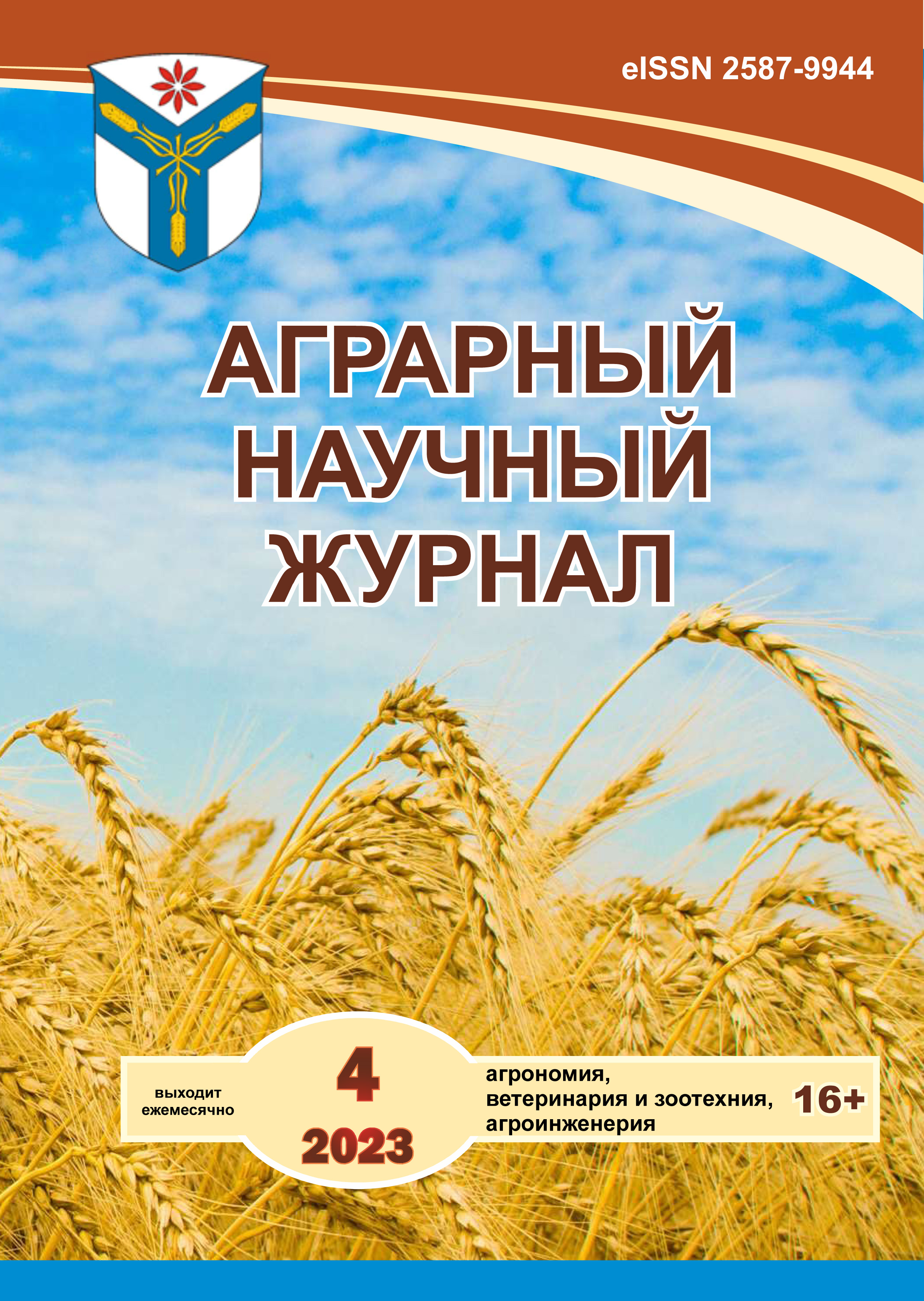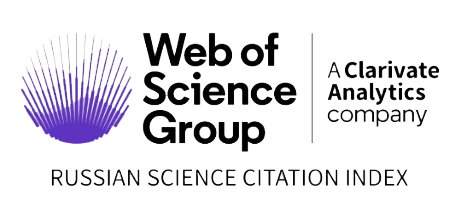Determination of friction coefficients of sliding and rest of bulk organic fertilizers
DOI:
https://doi.org/10.28983/asj.y2023i4pp126-129Keywords:
organic fertilizers, active composting, friction coefficient, friction coefficients of bulk materialsAbstract
It is possible to obtain high-quality organic fertilizers using the technology of accelerated (active) composting based on the use of technical means for aeration of compost piles. Fertilizers produced in this way are characterized by a significant content of nutrients in a form accessible to plants and have good flowability. The purpose of the research is to study the sliding and resting friction coefficients of bulk organic compost with different basic composition and the possibility of their application to the fields using technical means used for the application of mineral fertilizers. To determine the static and dynamic coefficients of friction, we have developed an original experimental installation equipped with electronic monitoring and measurement systems. Samples of compost with different basic composition were subjected to research. It was found that the largest sliding coefficient is characteristic of a sample taken from a burt consisting of cattle manure on a straw litter, the smallest sliding coefficient is possessed by a sample of sapropelemanure compost. It was found that for all the studied types of organic compost, the difference in the values of the sliding and resting friction coefficients is insignificant.
Downloads
References
Асадов Х. Г. Построение математической модели внесения удобрения в сельскохозяйственные поля в точном земледелии // Аграрный научный журнал. 2021. № 11. С. 8-11. DOI 10.28983/asj.y2021i11pp8-11.
Исследование коэффициента внутреннего и внешнего трения гранулированных органических удобрений из подстилочного навоза / Д. В. Гурьянов [и др.] // Вестник Мичуринского государственного аграрного университета. 2017. № 2. С. 114-121.
Кокунова И. В., Немчинова Т. В. Исследование влияния базового состава органических компостов на основе навоза на однородность компостных смесей // Известия Великолукской государственной сельскохозяйственной академии. 2019. № 4. С. 37-43.
Кокунова И. В., Ружьев В. А., Григорьева В. А. Технические особенности современных разбрасывателей минеральных удобрений // Аграрный научный журнал. 2022. № 6. С.99-103. DOI 10.28983/asj.y2022i6pp99-103.
Никандров Ю. К. Рециклинг отходов животноводства и их использование в органическом земледелии // Основы и перспективы органических биотехнологий. 2020. № 1. С. 25-28. URL: https://elibrary.ru/item.asp?id=42900090 (дата обращения: 09.01.2023).
Устройство для определения коэффициента трения сыпучих материалов / Д. Н. Савенков [и др.] // Актуальные проблемы науки и техники: Материалы нац. науч.-практ. конф. Ростов-на-Дону. 2019. С. 813. URL: https://elibrary.ru/item.asp?id=39451638 (дата обращения: 09.01.2023).
Samarin G. N., Kokunova I. V., Vasilyev A. N., Kudryavtsev A. A., Normov D. A. (2021) Optimization of Compost Production Technology. Intelligent Computing and Optimization. ICO 2020. Advances in Intelligent Systems and Computing, vol 1324. Springer, Cham, Pp. 1319-1327. DOI 10.1007/978-3-030-68154-8_113.
Downloads
Published
Issue
Section
License
Copyright (c) 2023 The Agrarian Scientific Journal

This work is licensed under a Creative Commons Attribution-NonCommercial-NoDerivatives 4.0 International License.








